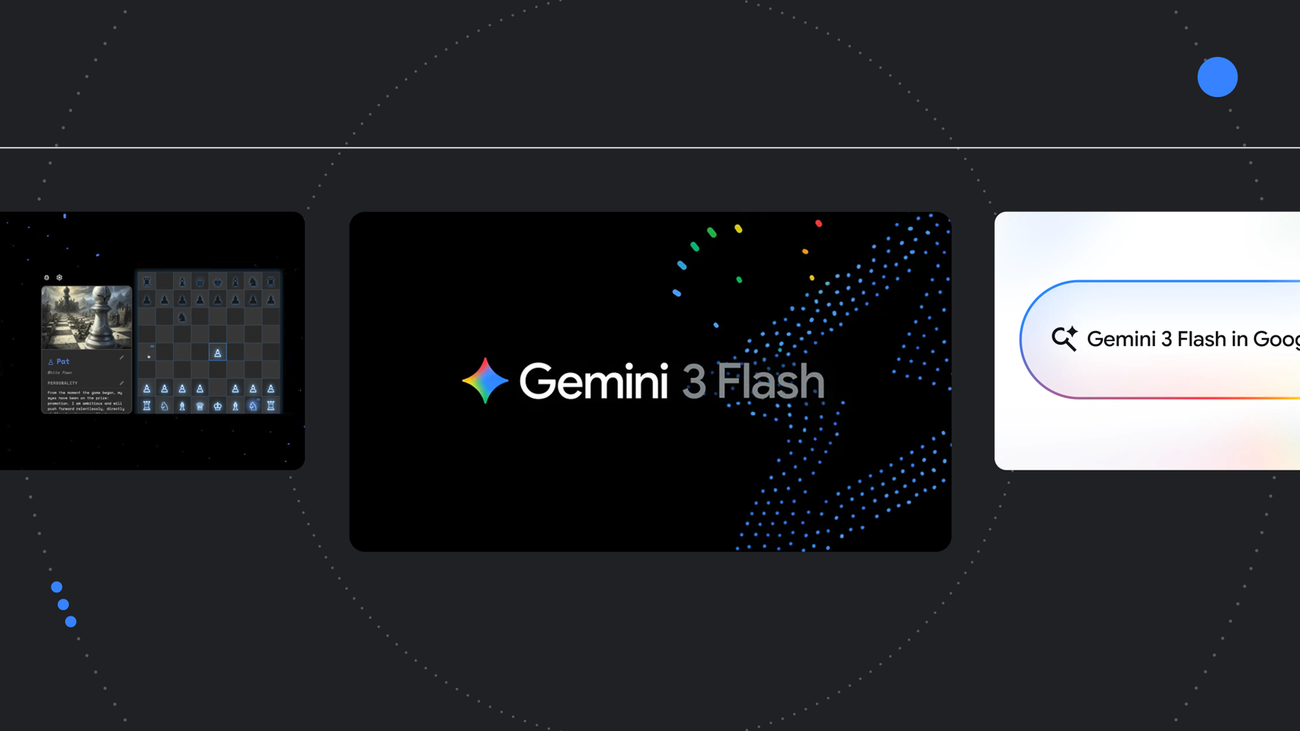What should these protocols say about security?
Researchers and developers still don’t really understand how AI models work, and new vulnerabilities are being discovered all the time. For chatbot-style AI applications, malicious attacks can cause models to do all sorts of bad things, including regurgitating training data and spouting slurs. But for AI agents, which interact with the world on someone’s behalf, the possibilities are far riskier.
For example, one AI agent, made to read and send emails for someone, has already been shown to be vulnerable to what’s known as an indirect prompt injection attack. Essentially, an email could be written in a way that hijacks the AI model and causes it to malfunction. Then, if that agent has access to the user’s files, it could be instructed to send private documents to the attacker.
Some researchers believe that protocols like MCP should prevent agents from carrying out harmful actions like this. However, it does not at the moment. “Basically, it does not have any security design,” says Zhaorun Chen, a University of Chicago PhD student who works on AI agent security and uses MCP servers.
Bruce Schneier, a security researcher and activist, is skeptical that protocols like MCP will be able to do much to reduce the inherent risks that come with AI and is concerned that giving such technology more power will just give it more ability to cause harm in the real, physical world. “We just don’t have good answers on how to secure this stuff,” says Schneier. “It’s going to be a security cesspool really fast.”
Others are more hopeful. Security design could be added to MCP and A2A similar to the way it is for internet protocols like HTTPS (though the nature of attacks on AI systems is very different). And Chen and Anthropic believe that standardizing protocols like MCP and A2A can help make it easier to catch and resolve security issues even as is. Chen uses MCP in his research to test the roles different programs can play in attacks to better understand vulnerabilities. Chu at Anthropic believes that these tools could let cybersecurity companies more easily deal with attacks against agents, because it will be easier to unpack who sent what.
How open should these protocols be?
Although MCP and A2A are two of the most popular agent protocols available today, there are plenty of others in the works. Large companies like Cisco and IBM are working on their own protocols, and other groups have put forth different designs like Agora, designed by researchers at the University of Oxford, which upgrades an agent-service communication from human language to structured data in real time.
Many developers hope there could eventually be a registry of safe, trusted systems to navigate the proliferation of agents and tools. Others, including Chen, want users to be able to rate different services in something like a Yelp for AI agent tools. Some more niche protocols have even built blockchains on top of MCP and A2A so that servers can show they are not just spam.






